I am at a total loss. My 15 year old son and I have been fighting non-stop. And even after apologizing and trying to move on, he continues to hold grudges. It seems like no matter what I do, I can’t get through to him.
Concerned parent
Dear Parent,
I can imagine the frustration, upset, and maybe even hurt you might be feeling in your disconnection with your son. Although conflict is typical in close relationships, repeated disharmony and resulting disconnection can be very taxing physically and emotionally. Learning to repair after a conflict is one of the greatest gifts you can give to yourself and your son.
Effective repair begins with an empathic connection. If you are focused on being right, you are not ready to repair. In this case, you need to self-regulate first. That can take the form of a long walk, listening to music, exercising, meditating, or practicing soothing breathing techniques. Repair can begin when you are ready to revisit the connection honoring both your and your son’s experience.
- Let your son share his experience. This is less about what is said and more about how it made them feel, specifically how they were impacted by the conflict. Rushing to apologize and asking for forgiveness puts the focus on you, not on them, and doesn’t offer them a safe space to process their emotions. Instead, share your regret about the disconnection, wishing that the interaction had gone differently. Invite them to honestly express how they feel and listen without, or at least while reserving, judgment. You don’t have to agree with their perspective, but it will go a long way in rebuilding trust in your relationship to hear it and validate it as their experience.
- Next, reflect your child’s feelings and needs. Take the time to reflect your child’s feelings and needs. This involves active listening, making guesses about his emotions, and inviting dialogue to confirm your understanding. Continue this process until your son feels heard. Often this will be indicated by a softening in their face and body along with slower speech and fewer words. Although this might initially feel like a lengthy process, the reality is it takes much less time than the ongoing disconnection and grudges that are held. And, sometimes it takes being heard and knowing that you matter to have the capacity to hear others.
- Acknowledge the impact by sharing your reaction. Acknowledge the impact of your actions on him, even if you don’t fully agree with his perspective. Share your regret about the pain caused and express your commitment to handle conflicts differently in the future. This can sound like, “Knowing what I know now, I wish I had handled that differently. My intention is to show up with care and respect even when we disagree.”
- Share your experience. The key to a successful repair is to save this step for last (AFTER you have heard their experience, empathized with their feelings and needs, and expressed your wish for the situation to have gone differently) despite your own desire to be seen and understood. Once that is done, you can communicate about your own feelings and needs during the conflict. Leading with needs is always helpful. For example, “I too am needing respect and to matter. Raising my voice is an expression of anger and frustration when my needs are not getting met. The more my needs are not met (asking for the fourth time that clothes are picked up from the living room), the louder and stronger I worry I have to be to be seen and heard. Maybe we can spend some time together coming up with ideas to meet your needs and mine?”
Through repair we experience a magical healing that results in greater connection after which we can more easily identify new strategies to better meet everyone’s needs in the future. We hope that you are able to find that with your son.
Good luck to you and remember, webe in this together!
Best wishes,
webe


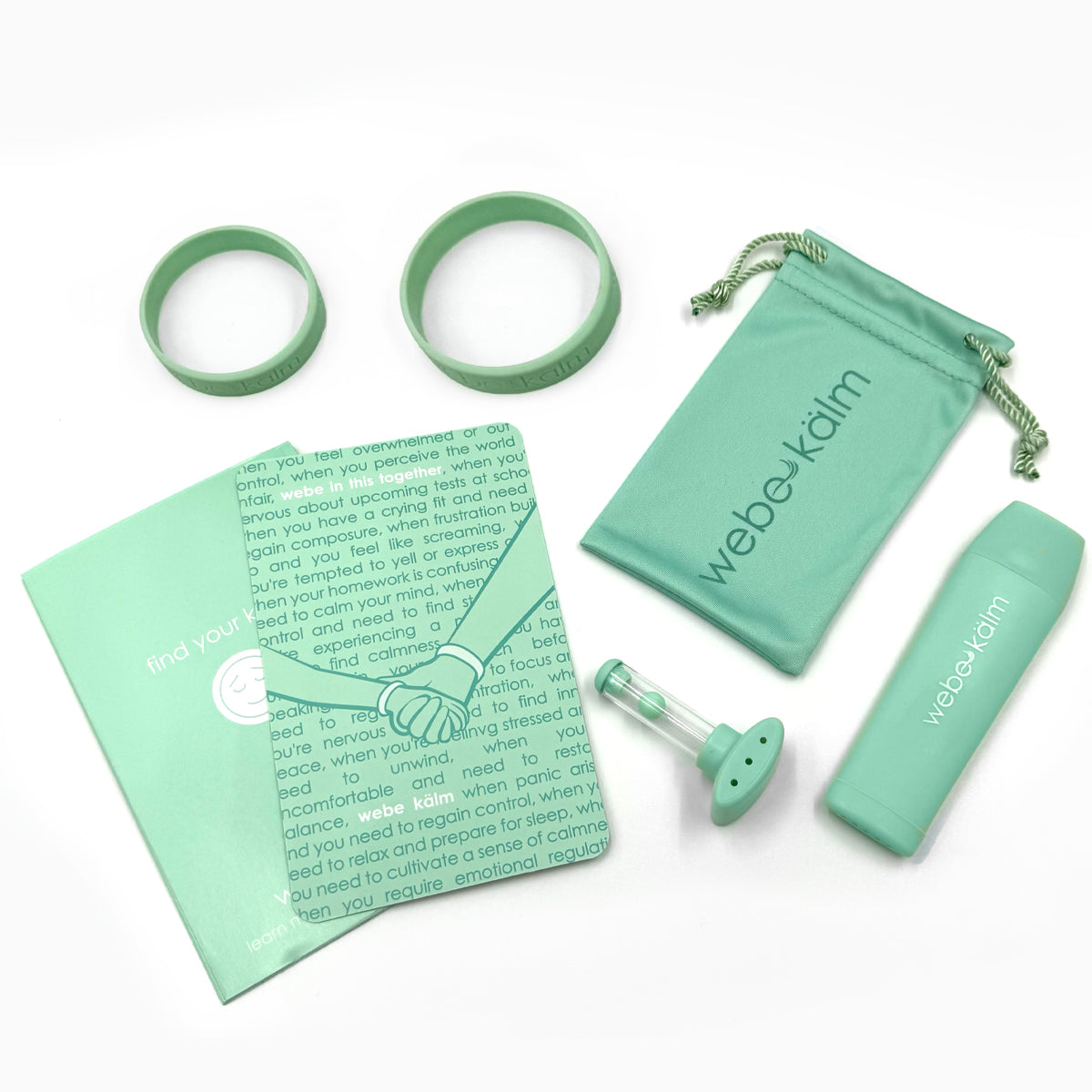

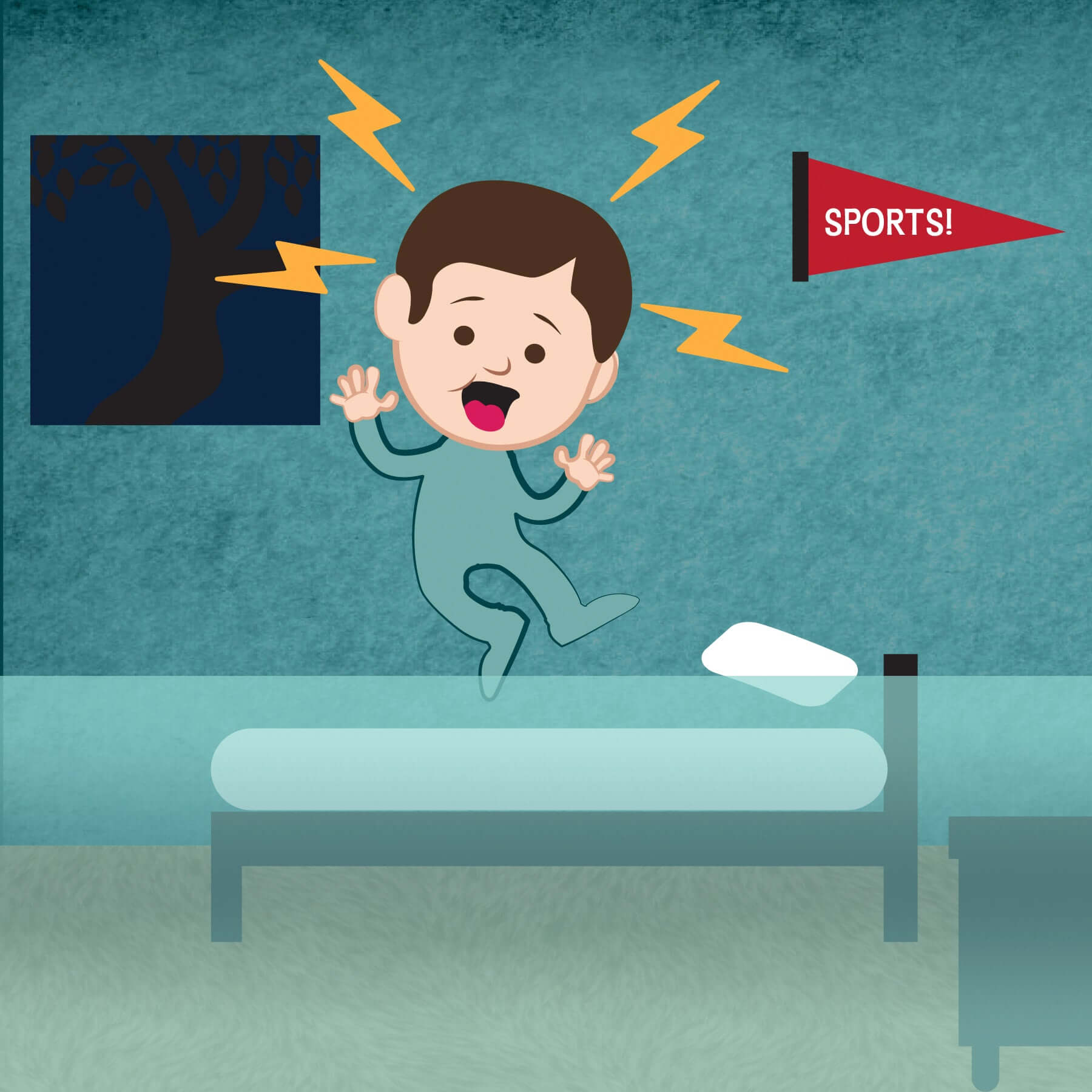
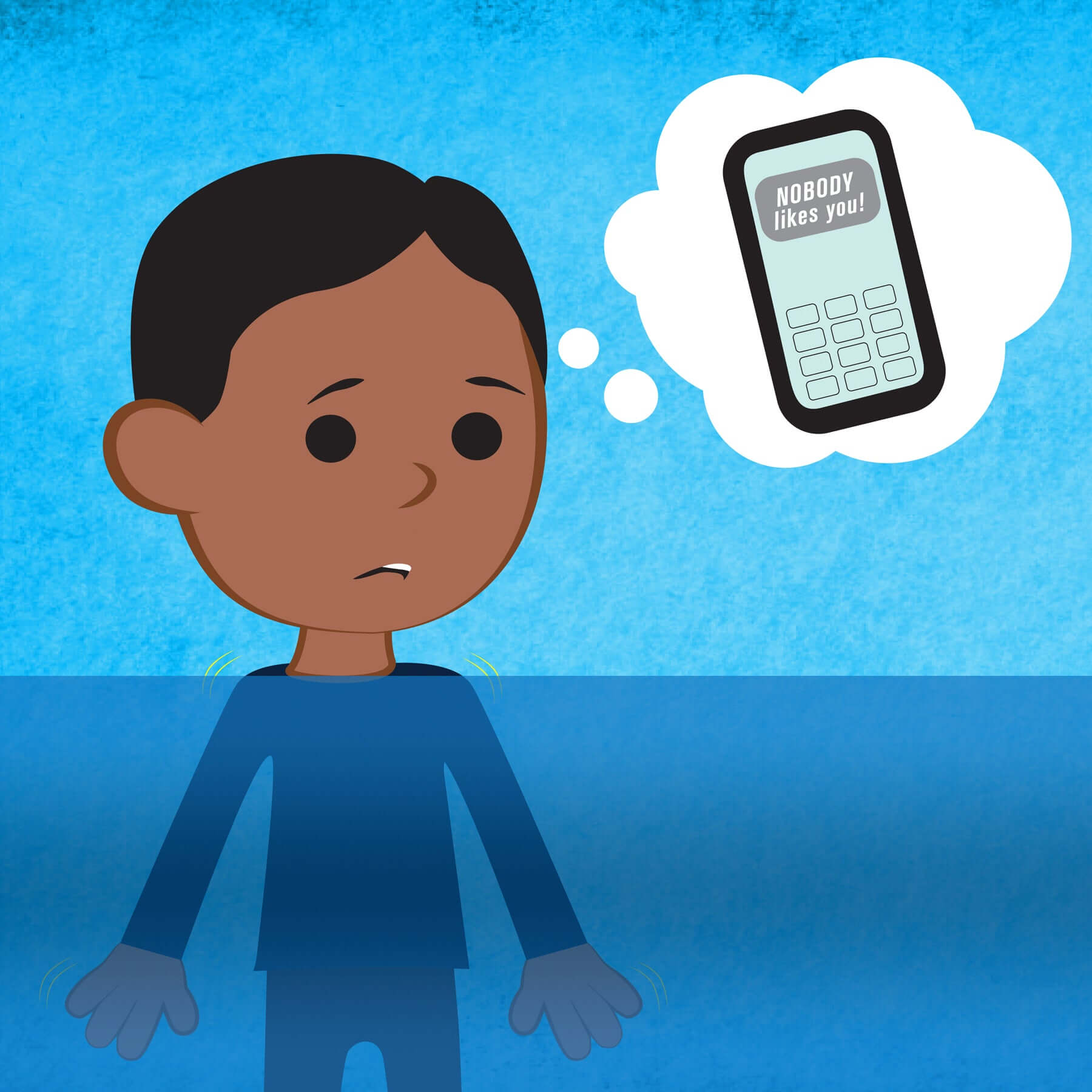
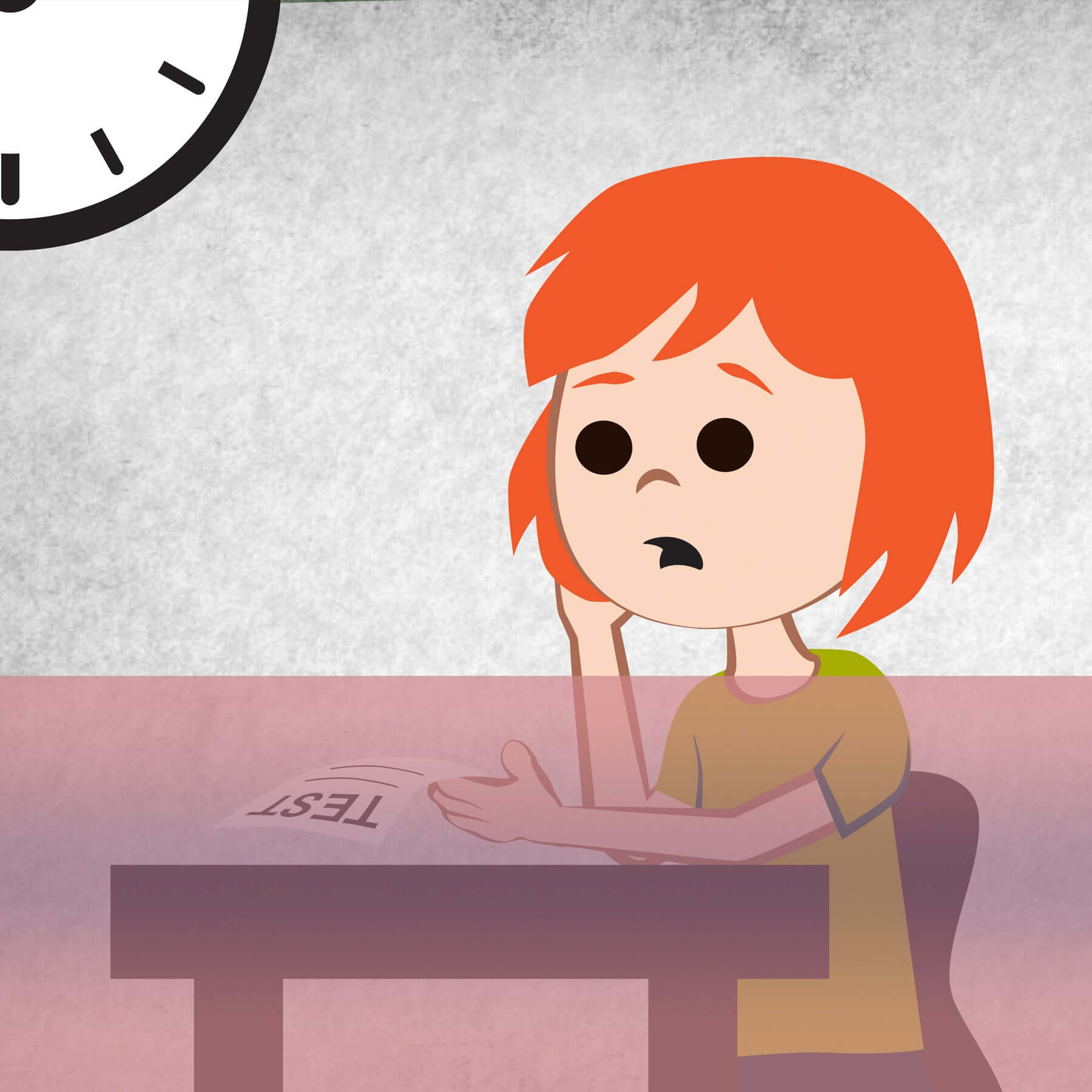
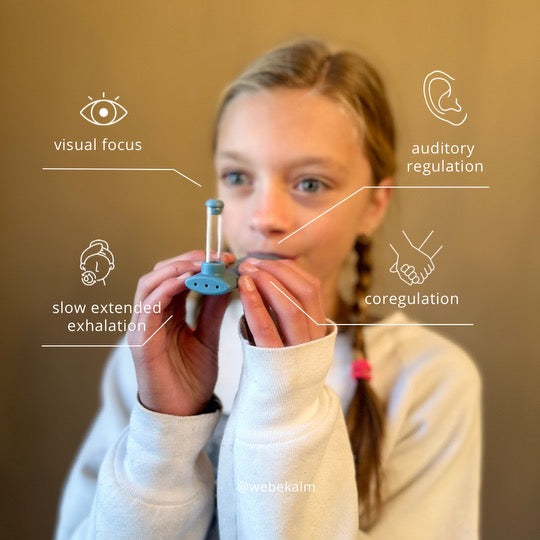

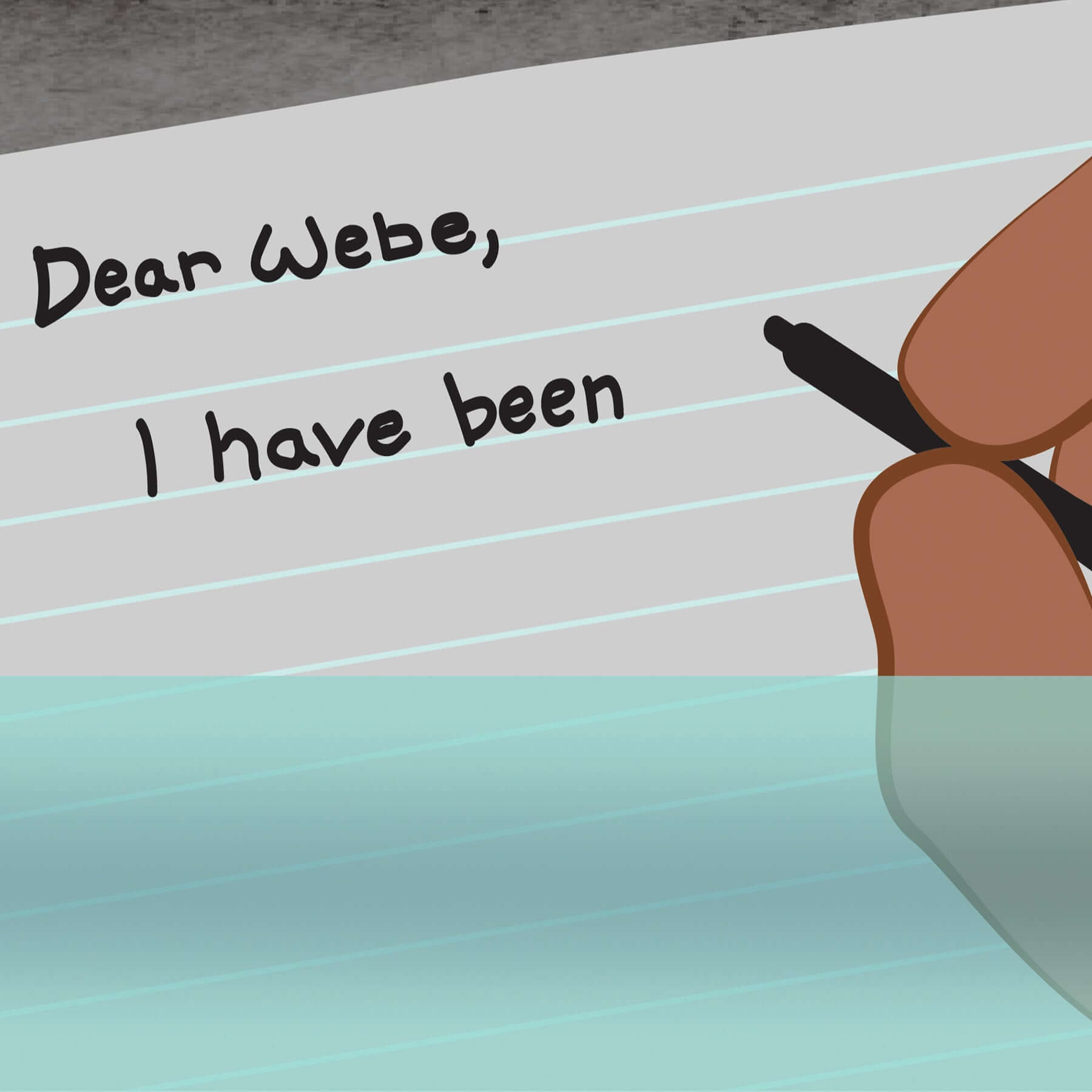
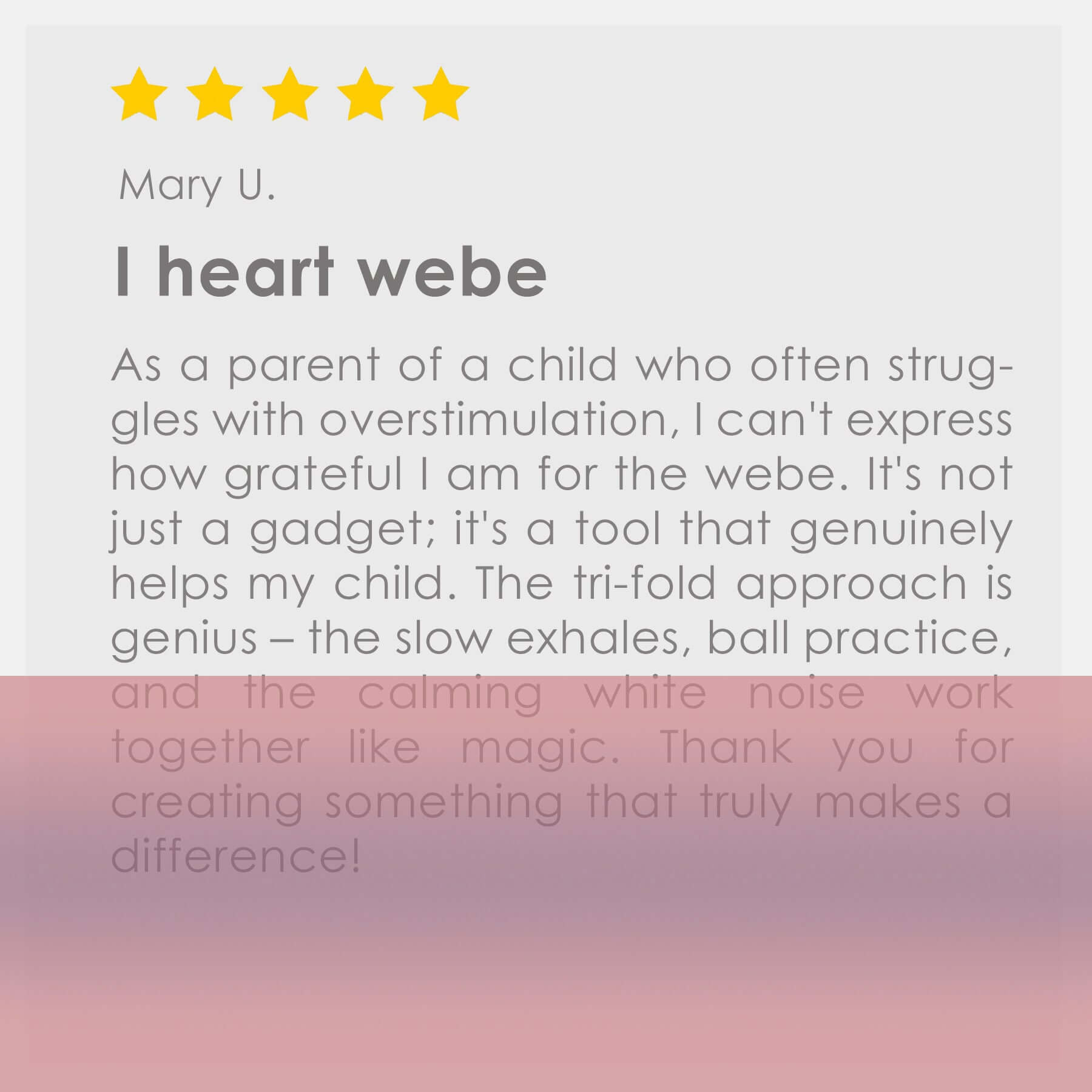

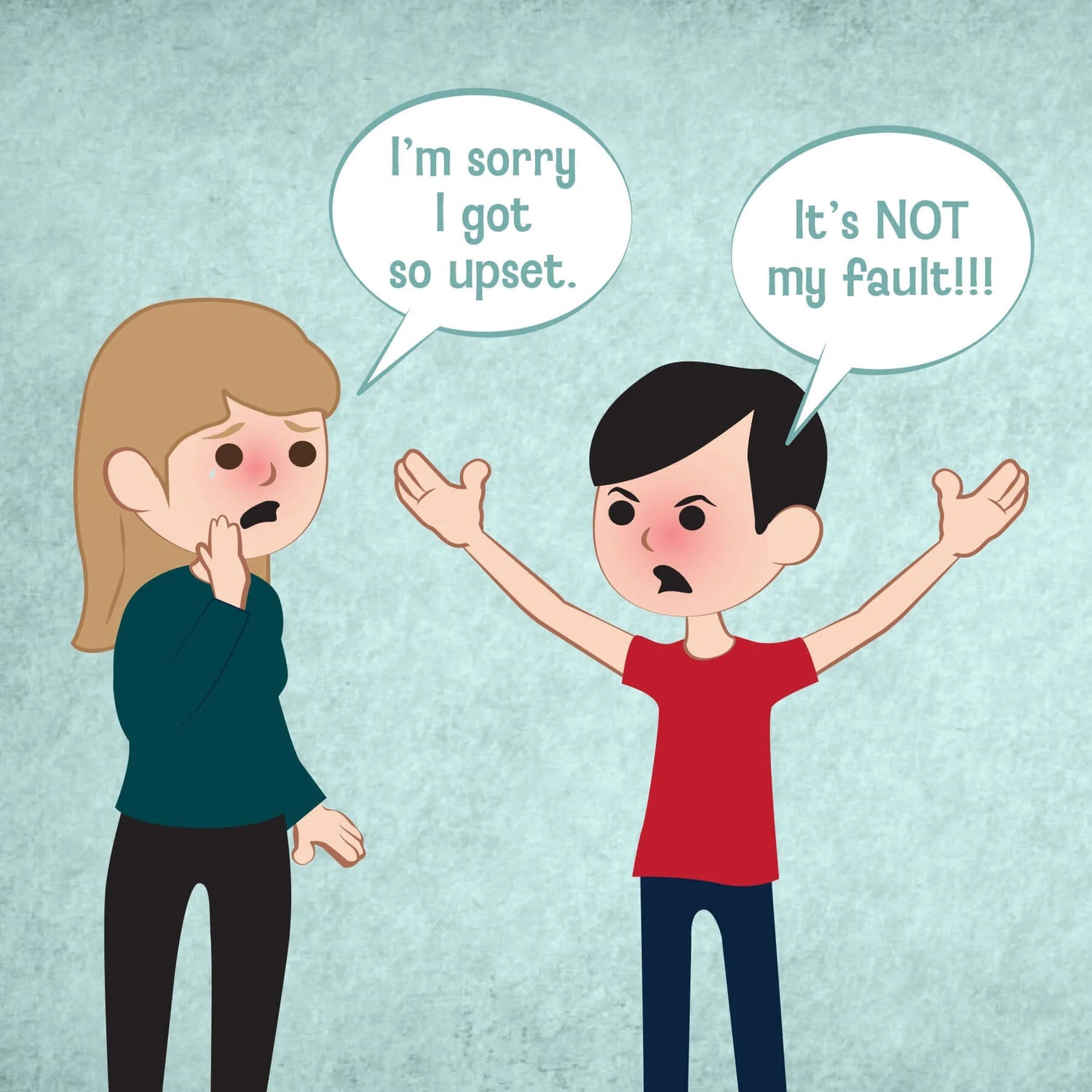
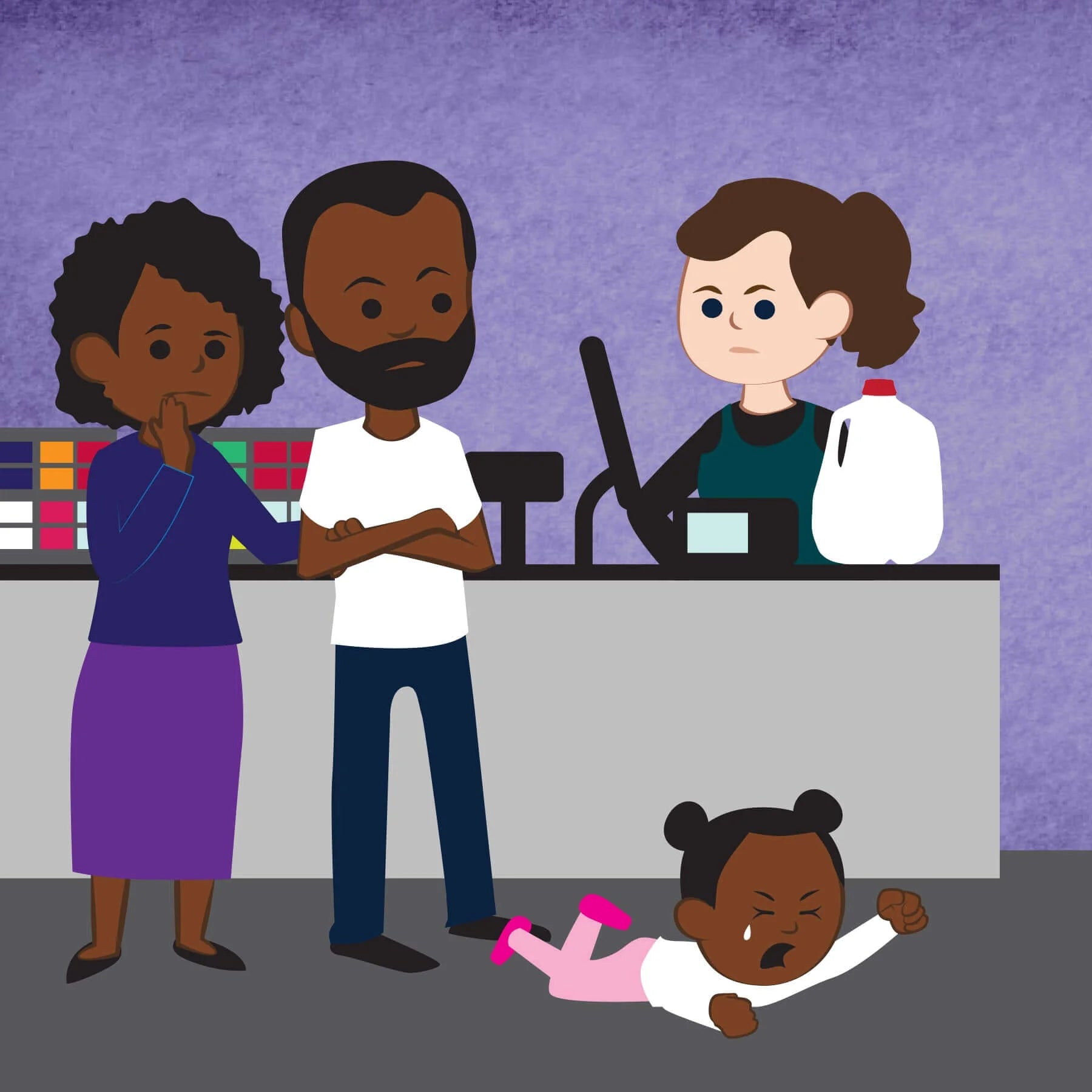
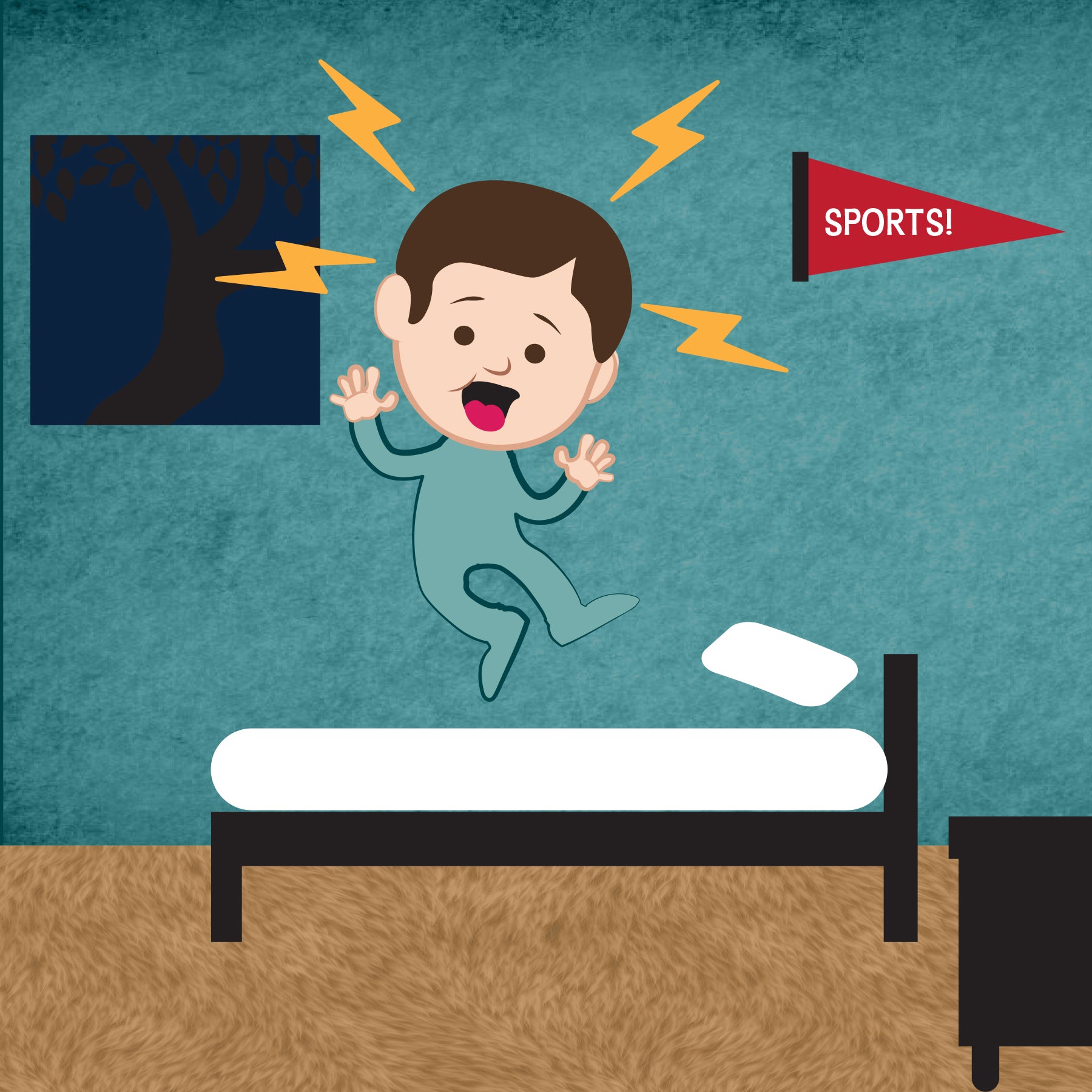
Leave a comment
All comments are moderated before being published.
This site is protected by reCAPTCHA and the Google Privacy Policy and Terms of Service apply.